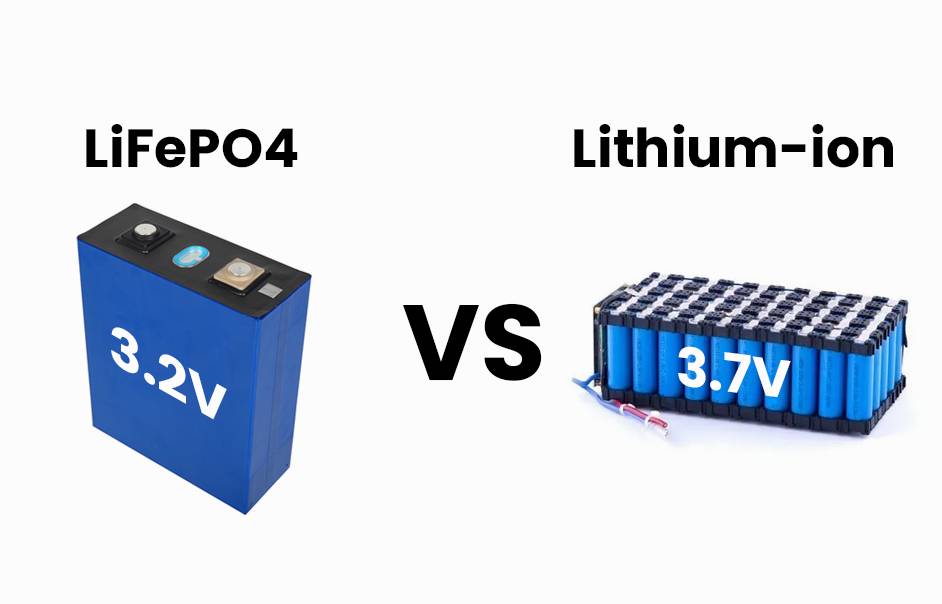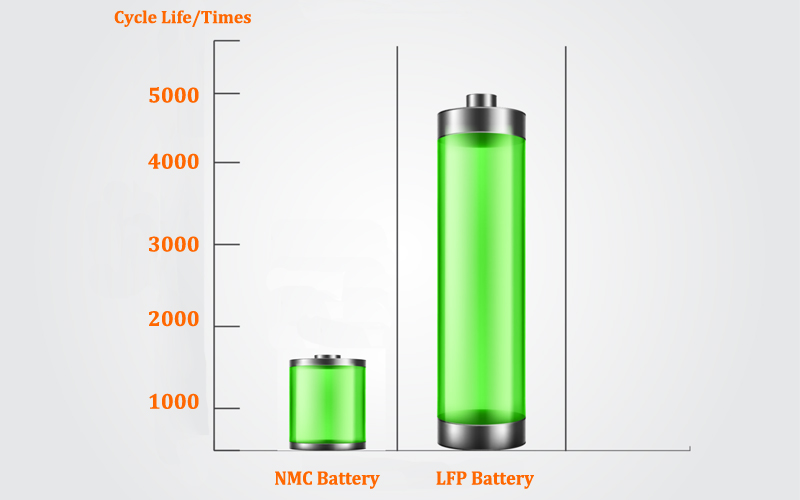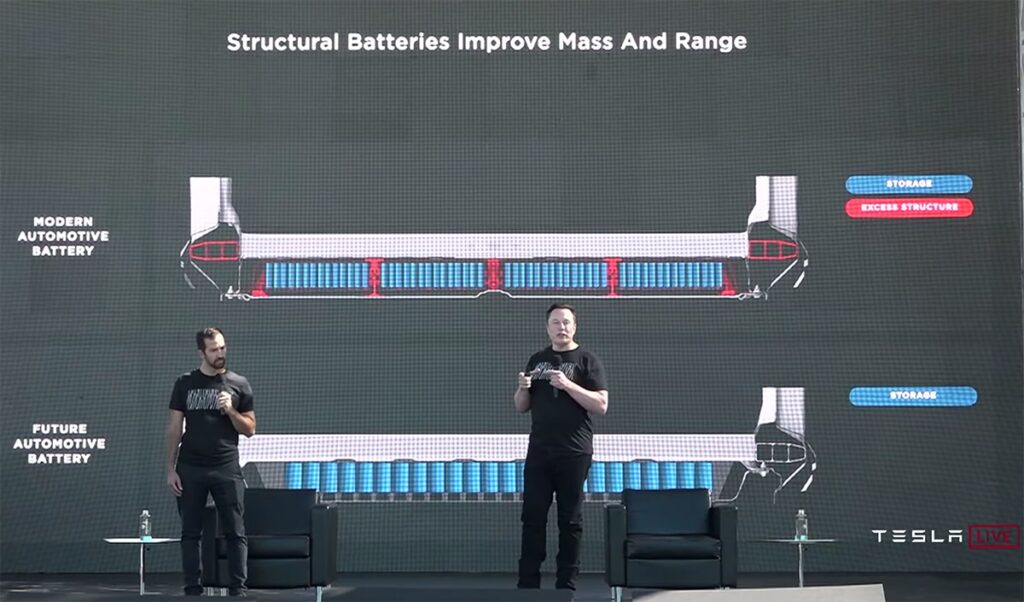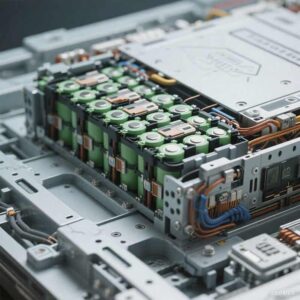LiFePO4 vs Lithium-Ion Batteries: What’s the Real Difference in 2025?
Published on July 7, 2025 | by EV Battery School
Introduction
As electric vehicles (EVs) evolve, choosing the right battery type becomes more important than ever. Two dominant players—LiFePO4 (Lithium Iron Phosphate) and traditional lithium-ion batteries—offer different strengths and weaknesses for EV applications in 2025.
This guide will break down the core differences in safety, lifespan, performance, and cost to help you make an informed choice.

1. Safety: LiFePO4 Is More Thermally Stable
LiFePO4 batteries are considered significantly safer. They are more thermally and chemically stable, making them less likely to overheat or catch fire. This makes them ideal for EVs in hot climates or long-term storage scenarios.
2. Battery Life and Cycle Durability
One of the biggest advantages of a LiFePO4 lithium battery is its lifespan. It offers 2,000–5,000 charge cycles, compared to 500–1,000 cycles in traditional lithium-ion options.
Want to estimate your battery’s longevity? Try our battery cycle life calculator to get real-world insights.

3. Energy Density: Lithium-Ion Still Leads
When it comes to weight-to-energy ratio, lithium-ion still wins. These batteries can store more energy in a compact form, making them suitable for smartphones, laptops, and small EVs.
However, for larger vehicles where weight isn’t the primary constraint, LiFePO4 offers a more balanced and stable long-term solution.
4. Common Use Cases in 2025
LiFePO4 batteries are increasingly popular in e-bikes, RVs, solar storage, and now even in mainstream EVs. Tesla’s entry-level models in China already use this chemistry.
Traditional lithium-ion remains popular for high-performance EVs and consumer electronics.


Which Battery Should You Choose?
It depends on your needs. If safety, longevity, and reliability are your priorities, LiFePO4 is a great choice. If you need more compact power or are limited by weight, traditional lithium-ion might still be the better option.
Conclusion
As EV technology matures, understanding the chemistry behind your battery helps extend its lifespan, reduce costs, and optimize performance. Whether you choose a LiFePO4 lithium battery or a standard lithium-ion pack, smart charging and storage practices are key.
Explore our Battery Guides and Charging Tips sections for more resources.




